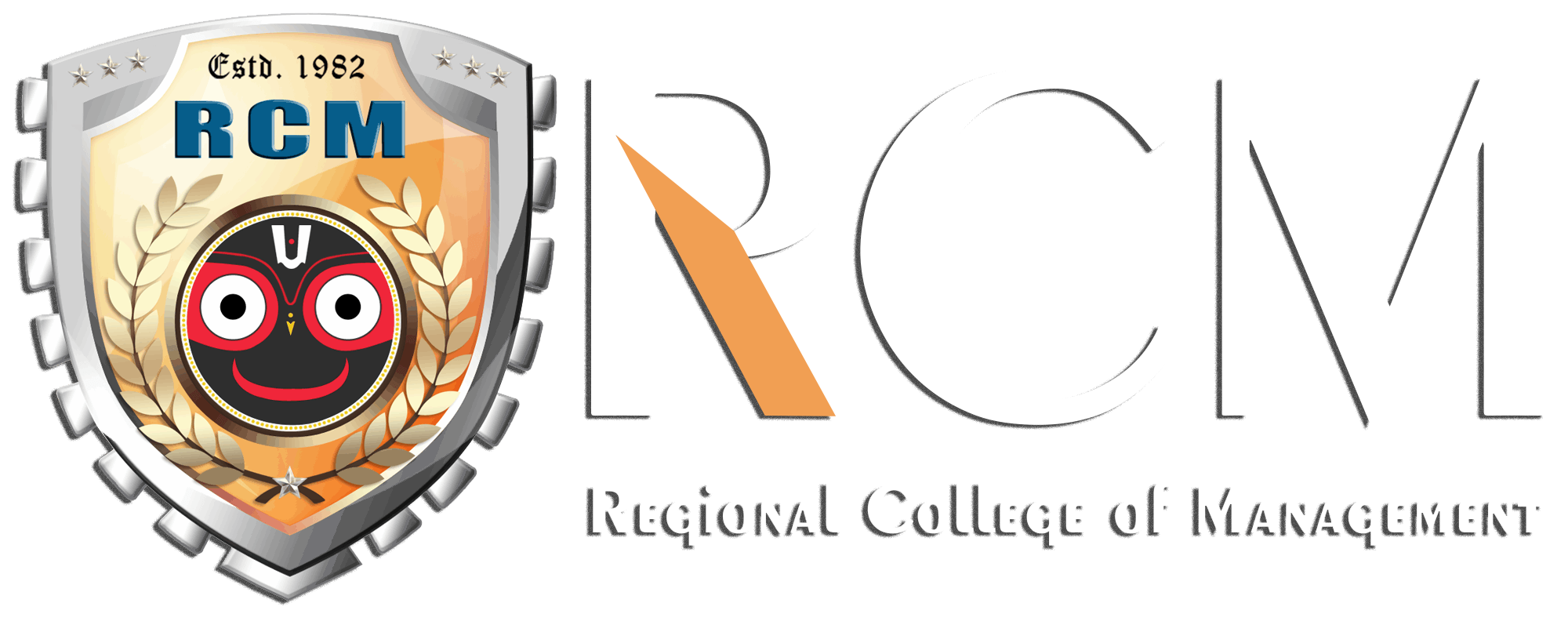Hello, people! We will be going to talk more about the insides of the AICTE internship policy and procedures. This is a continue of our previous blog where we learned the details of the internship policy and its importance. The trainee and placement cells in institution and their role in providing internships are the main sub verge of internship policies.
Cells For Trainees And Placement:
All AICTE accredited colleges must have a dedicated Training and Placement Cell led by a Training and Placement Officer. TPO plays a crucial part in advancing students’ careers in any institute. The goal of the Training and Placement Officer is to help students pick the correct job. This also to design programmes and activities to improve knowledge, skills, attitude, and aptitude to satisfy the industry’s workforce requirements.
AICTE Training and Placement cell’s general role is that of a facility giver and counselor for training and placement related activities. The industry is always looking for students who are bright, active individuals who are ready to take on challenges. They have a solid academic background, are fast learners open to learning even at work, and most importantly have good communication skills. Through individual counseling and group sessions, it will support students in developing and clarifying their academic and professional interests as their short and long-term objectives. The placement cell will serve as a point of contact for students to arrange internships, campus visits.
The Training and Placement Officer of the Institute can assign by a Departmental Coordinator for Training and Placement Activities and Faculty Supervisors/Mentors. There will be student committees in each department, made up of 1-3 students from each class. AICTE committees will help with training and placement activities, under the supervision of the Student Coordinator. At the start of the academic year, a departmental coordinator and faculty supervisors/mentors is require to get appoint for each batch. However, as the students’ representative, the coordinator will be chosen by them with the assistance of the Training and Placement Officer. Faculty mentors/supervisors must be active participants in the internship, and each faculty mentor must oversee at least 20 students.
The Guidelines Of The Internship Are:
The cell will organise internships for students in industries/organizations following the semester, or as per AICTE/affiliating university rules. Institutions may also develop an online system for organising and maintaining internships. The following is the usual approach for organising internships:
Step 1:- A request letter or email from the college’s Training & Placement cell should send to industry. Requesting that various slots of 4 to 6 weeks during summer vacation is require to assign to the students as internship periods. Students may send a request letter/profile/interest areas to industries to inquire about their willingness to provide training.
Step 2:– The training sessions and internship positions can get confirm by the industry via letter or email. If students organise their own training, they must submit a confirmation letter to the Training & Placement office via the respective department. TPO will assign students to the industry based on the number of slots agreed upon by the industry. The people in charge of students’ final or summer internships may communicate the internship slots by phone or written communication.
Step3:- Students must submit the joining report/letters/email when they begin training in the relevant industry or organization.
Step 4:- Students complete industrial training in the relevant industry or organisation. Meanwhile, faculty members visit the industry/organization once or twice to evaluate students’ performance Students’ evaluation reports that are filed in the department office/TPO with the approval of an industry persons or trainers.
Step 5:– Following the end of the internship, students will submit a training report. Obtain a training certificate from the industry.
Step 6:– The Training and Placement Cell will produce a list of students who have successfully completed their internship.
AICTE Guidelines For The Students:
Internships and placements are student centre activities. As a result, the students will play the most important function. TPOS may also incorporate the student’s participation in the following activities:
- Placement Brochure Design and Printing-Soft and Hard Copies.
- Creating a list of future and former recruiters.
- If necessary, provide a placement presentation to multiple organisations.
- Coordination of placement operations, including company HR staff visits to institutes.
If you’re interested in being on the student placement committee, just apply and you’ll be chosen to be a member at the start of the session. Among the volunteers, one student would be designated as “Student Coordinator,” with important obligations and accountability to TPO. To be considered for internship places, all students must submit a “student internship programme application” before the deadline. The company’s offer must be accepted regardless of the company/job profile, work location, or stipend supplied. Although organisations choose individual individuals, recruitment is a collaborative endeavor.
As a result, all students should exercise caution and responsibility while engaging with recruiting teams. If a student tells the school in writing that they don’t need help with finding a placement, they don’t have to participate in the activities. This may be due to lots of factors like joining a famiy company, pursuing further education, taking a competitive examination and so on. Although organisations choose individuals, recruitment is a collaborative endeavour. As a result, all students should exercise caution and responsibility while engaging with recruiting teams.
Intern’s ‘Health, Safety, And Welfare:
According to the AICTE, all institutions are need to provide insurance for all students. When any intern is undertaking training in a mine, the requirements of Chapter V of the Mines Act, 195, shall apply. The trainees’ health and safety as if they were employees in the same
Industry Guidelines For Provisioning Internships By The AICTE:
Internship programmes must be created with the company’s needs and students’ profiles in mind to satisfy the objectives of the internship programme and ensure its success. Industry can design an internship programme in partnership with the institute. It might include the following steps:
Select targets and goals. A meaningful dialogue with organisational management can result in an agreement on programme goals that are acknowledged by all parties that were involved.
- What does the firm expect from the interns?
- Is a small business looking for technical assistance?
- Can your firm rapidly expand while having problems finding motivated new employees?
- Is it a non-profit organisation with limited funds but the ability to deliver an exciting and fulfilling experience?
Make a written plan: Plan and develop the internship programme with care. An internship strategy need to prepare and share with the industry supervisor/mentor, interns, and education regulator.
An internship plan should include the following elements:
- Job duties/internship responsibilities
- If applicable, the project’s name.
- Internship Timetable and Learning Goals
Management/Facilitation Of The Interns:
Intern Orientation: Introduce the intern to his or her new job. Depending on the size of the organisation, this might be a traditional orientation session or simply a stroll through the workplace. Provide interns with an overview of the firm. some companies provide speeches or distribute literature about the company’s history, vision, and services. Explain who does what and what the intern’s responsibilities will be. Introduce him or her to co-workers.
Intern resource requirements: Provide the intern with a workspace, direct them to the supply room. Introduce them to the technical support personnel.
Guidance/Regular Feedback: It is critical to provide learners with frequent feedback. If interns have never done this type of job before. Then they will want to know if their work meets organisational standards. Every day, the intern’s development is monitor: The intern’s daily progress report will assess by the industry supervisor. Both the intern and industry must make the best use of short-term internships. Examine the intern’s work on a regular basis and provide comments. Weekly supervision sessions can aid in monitoring the intern’s progress.






















